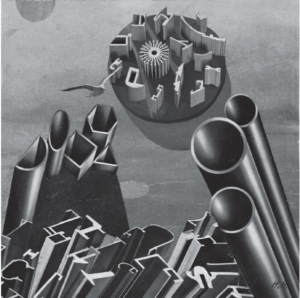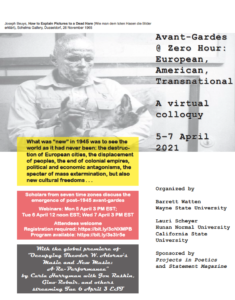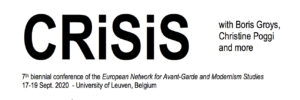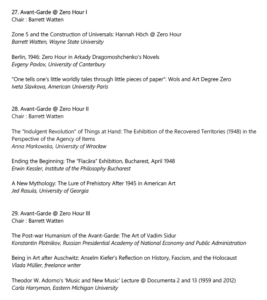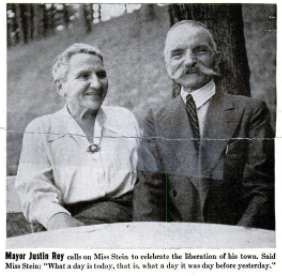
“Liberation and the Historical Present:
Gertrude Stein @ Zero Hour”
In special half-issue on “Feeling in Time:
Radio Free Stein,” ed. Adam Frank
Textual Practice 36, no. 12 (December 2022)
To mark the end of 2022, and all its openings and reversals, the last thing I would do is indulge any form of triumphalism. The times do not permit it—the bare facts of pandemic and war, ideological gridlock and narrow avenues for hope are what we live. But the experience of this historical present recalls earlier moments; thus, during the longue durée of COVID sequestration, I took on a project of writing and researching Gertrude Stein at Zero Hour, her experience of exile under Occupation, in the larger context of theorizing the “end” of the war that was . . . not a new beginning but the punctual inception of the global order to come. This is a project that has compelled me over the past fifteen years, and will ultimately emerge as a book, one hopes.
The essay was originally framed for presentation at a meeting of EAM (European Avant-Garde and Modernist Studies), set for Leuven, Belgium, in September 2020. That meeting was canceled, so I organized, with Lauri Scheyer, a webinar colloquy in April 2021 with the title “Avant-Gardes @ Zero Hour.” The line-up of topics and presenters was exceptional, and many of the works found their way into print. Some time earlier, Adam Frank had been in contact about his Radio Free Stein project. In framing Stein at Zero Hour, I thought to take up her neglected play Yes Is for a Very Young Man, one of many significant post–1945 works produced in the immediate aftermath of the war. Stein was no Beckett, however; while she may have influenced Waiting for Godot, she did not have her finger on the pulse of the absurd. What she produced more of an historical afterthought, a retrospection or even a covering up of her earlier politics of “unreality” as tested by the experience of isolation and dread, and not a theatrical success. Coming to terms with Stein after 1945 turned out to be a major research project as well as detailed textual reading of Wars I Have Seen, the writing project by which she survived the war and “became historical,” on her own account. The larger argument is summarized in the abstract; for a limited time free downloads are available from the publisher (for both see below). … More
